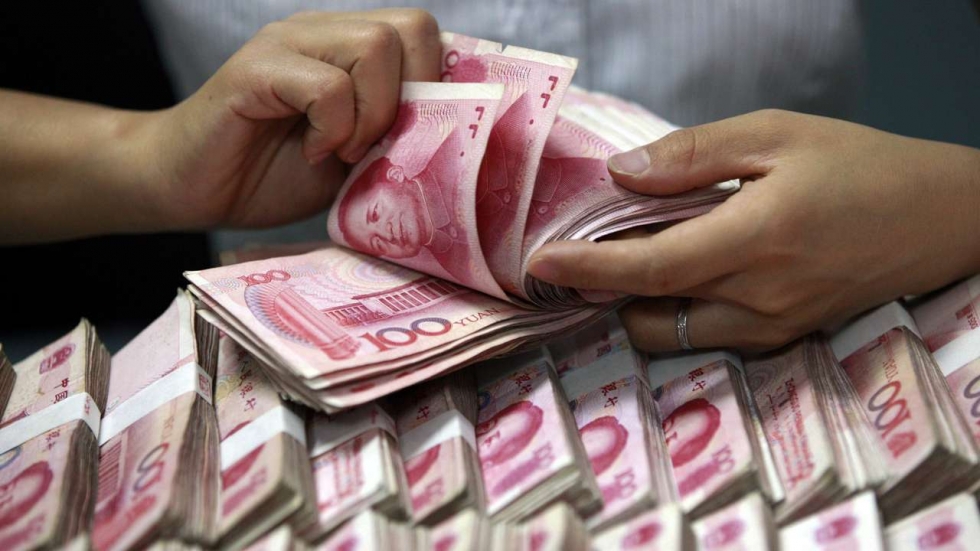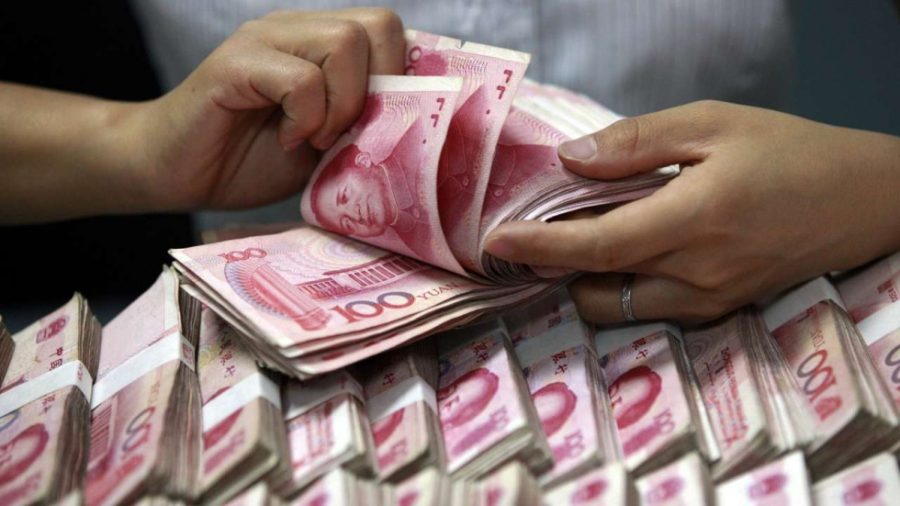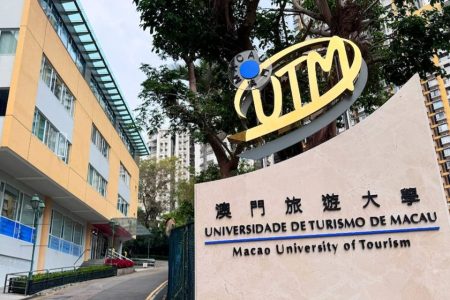The Beijing Public Security Bureau announced Monday that the police in Beijing and Macau jointly busted a large-scale cross-border underground money transfer case involving 30 billion yuan (35.6 billion patacas), the official China News Service (CNS) reported.
According to the CNS newswire dispatch, the police in Beijing and Macau were assisted in the joint operation against the illegal money transfer gang by the Ministry of Public Security’s Economic Crime Investigation Bureau and other law enforcement agencies.
The report said that a total of 39 suspects were arrested in the operation.
The report said that the gang’s kingpin is surnamed Xu.
According to the report, the joint police operation analysed a large number of accounts and transaction data involved in the gang’s clandestine money transfer business, which used pointed-of-sale (POS) machines smuggled from the mainland to Macau.
The report said that the illegal transfers enabled mainlanders to use Hong Kong dollars to gamble in Macau casinos. According to the report, the case involves hundreds of credit card holders who violated official currency exchange regulations by joining the underground money transfer syndicate.
The report said that the Beijing police charged Xu and others in November last year with illegal business activities.
According to the report, during the cross-border operation various law enforcement agencies set up a “frontline command headquarters” in Zhuhai to be able to monitor the criminal suspects in real time and gather more evidence. The operational headquarters also established a notification mechanism to keep abreast of the gang’s illegal transactions between Guangdong and Macau.
On January 7, according to the report, the Beijing police dispatched over 100 officers to carry out simultaneous arrests of the gang’s suspected members in Beijing, Hebei and Guangdong.
According to a report by The Macau Post Daily on January 9, the Judiciary Police arrested 21 mainlanders in connection with the case on January 7.
On January 8, the Judiciary Police (PJ) announced the previous day’s break-up of “a gang which had been illegally helping gamblers swipe their mainland UnionPay cards in Macau – using point-of-sale (POS) machines smuggled from the mainland”.
PJ spokesman Leng Kam Lon told a press conference on that day that the gang illegally modified the POS machines so that they could be used in Macau.
According to Leng, the 21 male and female mainlanders were arrested in eight luxury residential units in Taipa, where PJ officers seized various items such as modified POS machines, computers and record books, as well as HK$5 million in cash. PJ officers also went to a VIP room in a casino-hotel resort in Cotai, where they froze HK$25 million that the gang members had put into five of the VIP room’s accounts.
The gang primarily looked for VIP gamblers in Macau as their potential clients and swiped their UnionPay cards to help the clients obtain cash by using the illegally-modified POS machines, according to Leng.
According to CNS report, 150 million yuan was frozen and 32 illegally-modified POS machines were seized when the 39 suspects were arrested. Several million Hong Kong dollars were also confiscated.
The report said the successful cracking of the case has created a precedent for the police in Beijing and Macau to jointly fight cross-border underground banks, demonstrating the Beijing police’s ability and determination to combat economic crimes, prevent financial risks and foster economic development.






